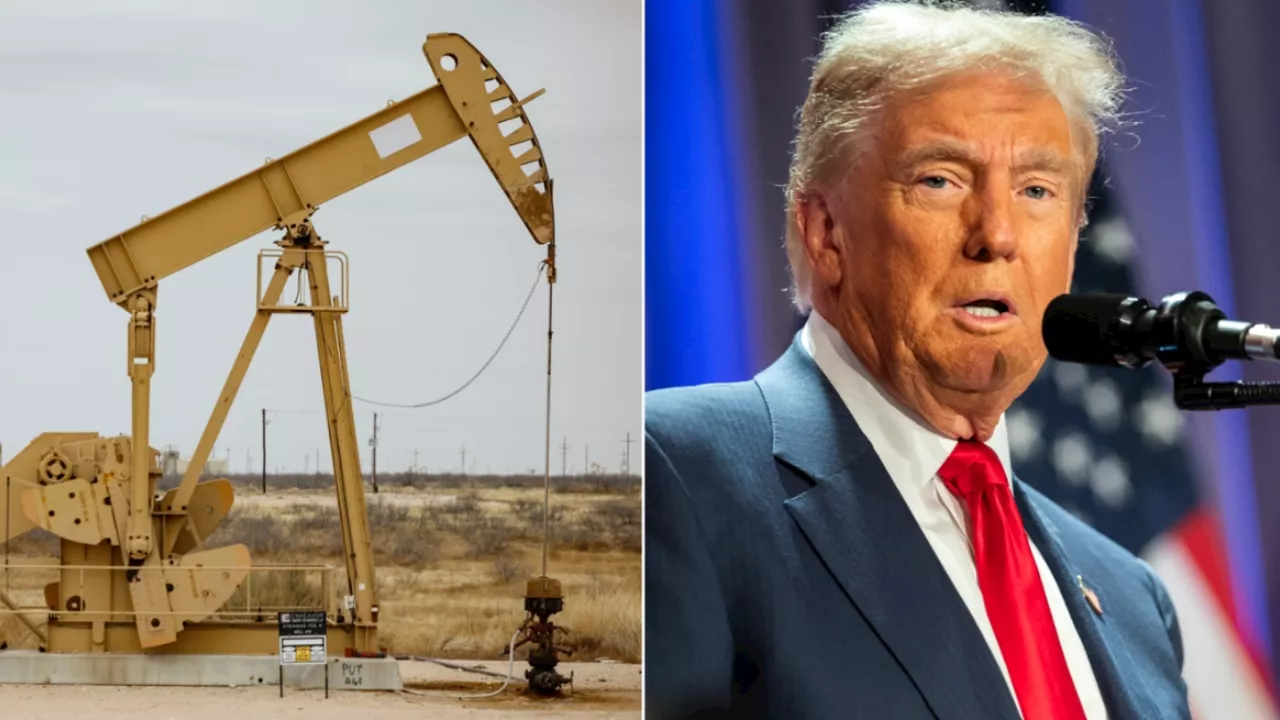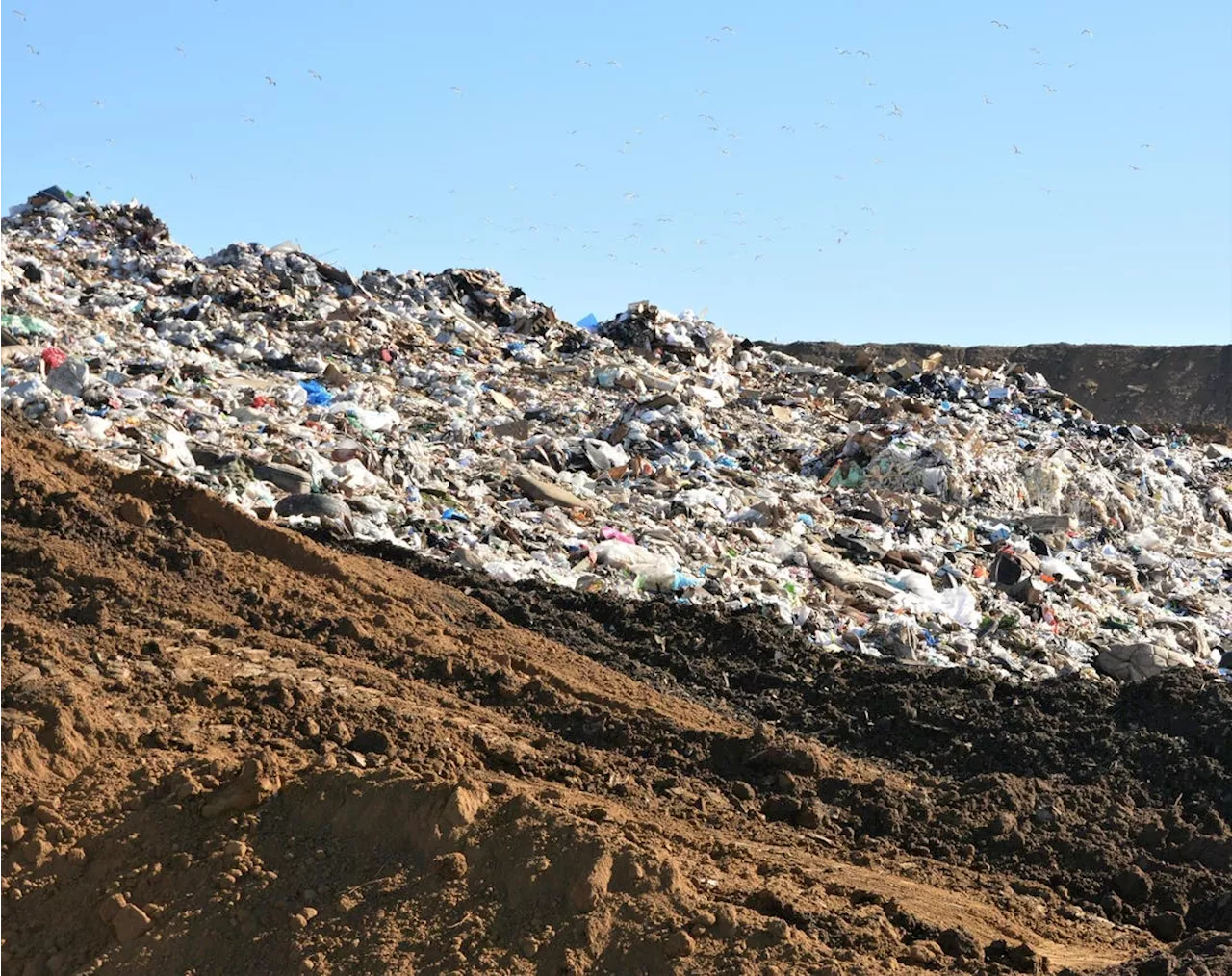The United States generates the most waste globally, exceeding the combined output of many other developed nations. This environmental crisis has far-reaching consequences, including climate change, social inequities, and strained resources. The text explores the root causes of America's waste problem, its impact on communities and the environment, and potential solutions.
Americans discard an amount of trash equivalent to filling three Empire State Buildings every second. The United States stands out as the world's largest waste generator, producing over 12% of the planet's municipal solid waste despite having less than 5% of the global population. This waste output is more than three times the per capita amount generated by Chinese citizens, and the U.S. is the only country generating more waste than it recycles.
The consequences of this excessive waste are dire. With U.S. landfills projected to reach capacity by 2036, the situation demands immediate attention. Approximately 80% of the items landfilled could be recycled, highlighting the urgent need for change.America's waste crisis is deeply rooted in its post-World War II history, characterized by mass production and a consumer culture prioritizing convenience. Single-use plastics, disposable goods, and excessive packaging became pervasive, contributing to a skyrocketing waste problem. As litter became a national concern, public pressure led the plastics industry to promote recycling as a solution. However, investigations have revealed that corporations were aware from the outset that recycling alone wouldn't solve the issue. It served as a distraction from reducing plastic production and consumption.The United States lags behind other developed nations in recycling and waste management. While Germany recycles nearly 70% of its waste, the U.S. struggles with lower rates. The global waste crisis further intensified when China, a major importer of U.S. recyclables, halted its acceptance in 2018, exposing the fragility of America's recycling infrastructure. Food waste constitutes another major contributor to the problem. The U.S. discards nearly 60 million tons of food annually, equivalent to 40% of the national food supply. This amounts to 325 pounds of waste per person, or 975 average-sized apples wasted by each American each year. Alarmingly, food waste is the largest component of municipal solid waste in landfills, accounting for 22% of the total. The environmental impact is significant, with food waste generating methane emissions that contribute to climate change. While some states have implemented laws to limit food waste in landfills, a lack of comprehensive national policies hinders progress. France and certain U.S. states have adopted requirements for restaurants to donate unsold but safe food, providing models that could be adapted nationwide.The social inequities associated with America's waste problem are equally concerning. Landfills and incinerators are disproportionately located in low-income and minority neighborhoods. A study revealed that three out of five Black and Hispanic Americans, representing over 23 million people, reside in communities impacted by toxic waste sites. ProPublica highlights a stark example in Houston, where Black residents constitute only 25% of the population but bear the brunt of 82% of the city's garbage disposal in their neighborhoods. This pattern of environmental injustice disproportionately burdens vulnerable communities, overwhelming their limited disposal infrastructure and polluting local ecosystems. These practices not only harm communities abroad but also tarnish America's reputation as a global sustainability leader
WASTE MANAGEMENT RECYCLING ENVIRONMENTAL CRISIS CLIMATE CHANGE SOCIAL INEQUITY
United States Latest News, United States Headlines
Similar News:You can also read news stories similar to this one that we have collected from other news sources.
 Denver Airport's Zero Waste Valet Program Diverts Nearly 70 Tons of Waste in Six MonthsDenver International Airport (DIA) has launched a successful pilot program called Zero Waste Valet, diverting nearly 70 tons of waste from landfills in just six months. The program, which focuses on improving waste diversion rates through a dedicated collection service, aims to minimize the environmental impact of airport operations.
Denver Airport's Zero Waste Valet Program Diverts Nearly 70 Tons of Waste in Six MonthsDenver International Airport (DIA) has launched a successful pilot program called Zero Waste Valet, diverting nearly 70 tons of waste from landfills in just six months. The program, which focuses on improving waste diversion rates through a dedicated collection service, aims to minimize the environmental impact of airport operations.
Read more »
 Minneapolis-Based Aspen Waste Systems Enters Colorado MarketAspen Waste Systems, a top 20 national waste hauler, has opened a new facility in Commerce City, Colorado, marking its entry into the competitive waste disposal and recycling market. The company, known for its 'premium' waste stream management and hauling services, plans to focus on both commercial and residential clients.
Minneapolis-Based Aspen Waste Systems Enters Colorado MarketAspen Waste Systems, a top 20 national waste hauler, has opened a new facility in Commerce City, Colorado, marking its entry into the competitive waste disposal and recycling market. The company, known for its 'premium' waste stream management and hauling services, plans to focus on both commercial and residential clients.
Read more »
 Antisemitism Crisis in America: A Call for ActionThe news article discusses the escalating problem of antisemitism in America, highlighting its systemic nature and the urgent need for government intervention. It argues that the current system, relying primarily on a global antisemitism envoy, is insufficient to address the domestic threat. The article proposes the creation of an 'Antisemitism Czar' to coordinate a comprehensive response to the growing radicalization and Jew-hatred within the country.
Antisemitism Crisis in America: A Call for ActionThe news article discusses the escalating problem of antisemitism in America, highlighting its systemic nature and the urgent need for government intervention. It argues that the current system, relying primarily on a global antisemitism envoy, is insufficient to address the domestic threat. The article proposes the creation of an 'Antisemitism Czar' to coordinate a comprehensive response to the growing radicalization and Jew-hatred within the country.
Read more »
 The Rise of America's Health Crisis: Is It Your Fault?This article explores the alarming trend of increasing sickness and weight gain in America and suggests that government dietary guidelines may be partly to blame. It argues that the shift towards refined carbohydrates and vilification of healthy fats since the 1970s has negatively impacted national health.
The Rise of America's Health Crisis: Is It Your Fault?This article explores the alarming trend of increasing sickness and weight gain in America and suggests that government dietary guidelines may be partly to blame. It argues that the shift towards refined carbohydrates and vilification of healthy fats since the 1970s has negatively impacted national health.
Read more »
 Chornobyl NPP takes step towards safer future with radioactive waste management facilitiesThe State Nuclear Regulatory Inspectorate of Ukraine has approved the operation of new facilities at the Chornobyl nuclear power plant designed to process and store radioactive waste. The facilities, part of the EU-funded Industrial Complex for Solid Radioactive Waste Management (ICSRM), will handle various types of waste generated at the site, including waste from normal operation, decommissioning, and maintenance. This development marks a significant step towards long-term safety and environmental protection at the site of the world's worst nuclear disaster.
Chornobyl NPP takes step towards safer future with radioactive waste management facilitiesThe State Nuclear Regulatory Inspectorate of Ukraine has approved the operation of new facilities at the Chornobyl nuclear power plant designed to process and store radioactive waste. The facilities, part of the EU-funded Industrial Complex for Solid Radioactive Waste Management (ICSRM), will handle various types of waste generated at the site, including waste from normal operation, decommissioning, and maintenance. This development marks a significant step towards long-term safety and environmental protection at the site of the world's worst nuclear disaster.
Read more »
 America's Real Energy Crisis: Modernizing the Electrical GridWhile the oil and gas industry booms, the U.S. faces a more critical challenge: its outdated and vulnerable electrical grid. The article argues for prioritizing grid modernization as a generational opportunity to bolster energy security, create jobs, and support emerging technologies like artificial intelligence.
America's Real Energy Crisis: Modernizing the Electrical GridWhile the oil and gas industry booms, the U.S. faces a more critical challenge: its outdated and vulnerable electrical grid. The article argues for prioritizing grid modernization as a generational opportunity to bolster energy security, create jobs, and support emerging technologies like artificial intelligence.
Read more »
